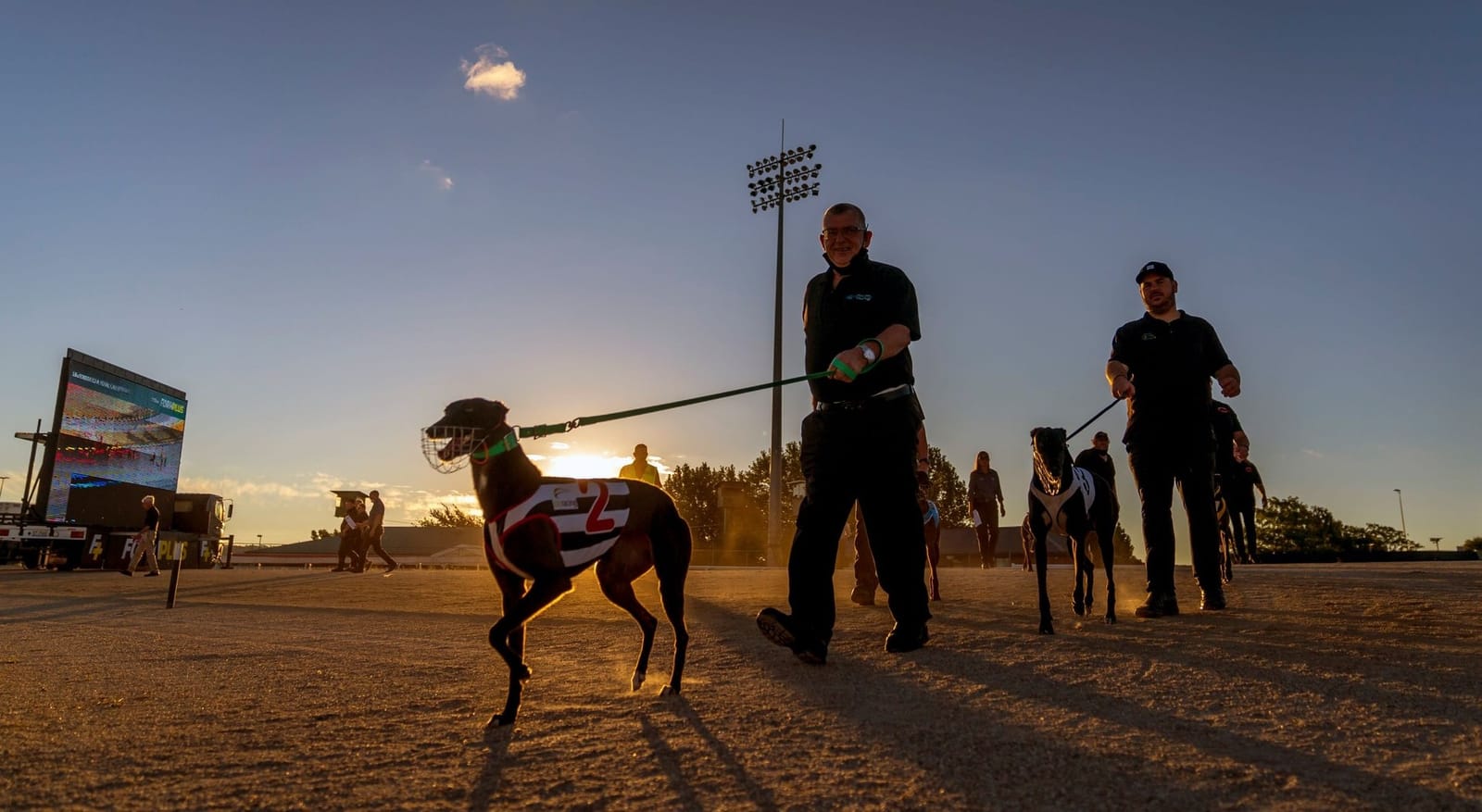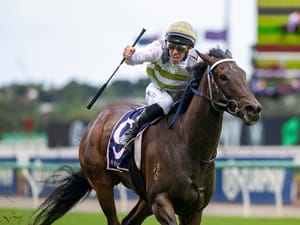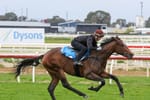As a campaign to preserve greyhound racing ramps up, advocates are calling for the Australian industry to effectively blacklist punters from jurisdictions that ban the sport.
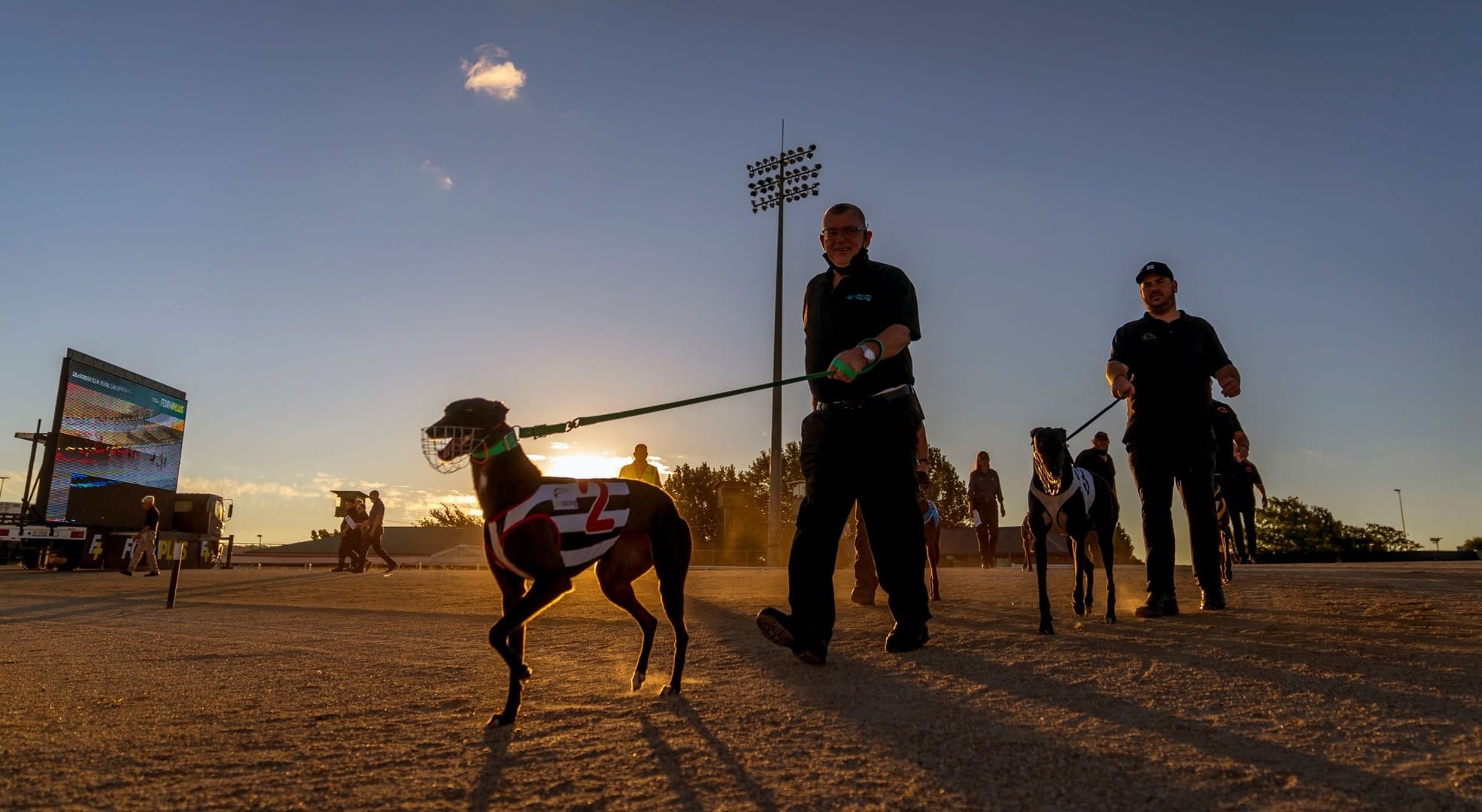
Punters in New Zealand and Tasmania would be stopped from betting on greyhound racing in mainland Australia as part of a proposed industry response to those jurisdictions’ looming bans on the sport.
Amid the campaign to preserve the sport, which is under political threat in almost every state and territory in Australia, advocates for greyhound racing want to punish those jurisdictions that have banned the sport but would still benefit from wagering interstate or overseas.
Greyhound Racing New Zealand is leading the charge, demanding that if the sport is banned in the country, which is slated to happen in July 2026, then Kiwis should also be prohibited from betting on Australian greyhound racing, which generates $238 million annually in New Zealand.
This is compared to the $112 million a year spent by Kiwis on the local greyhound industry.
The majority of the proceeds of betting on Australian greyhounds racing for New Zealand, estimated to be $48 million, flows back to the New Zealand government, Entain, which now holds a virtual monopoly, as well as to the other NZ racing codes.
GRNZ chief executive Edward Rennell claims that only $1-2 million flows to the Australian industry via product fees, and it is in the interest of the sport’s regulators across the Tasman to stop Kiwis betting on the sport in the likelihood a ban comes into effect.
“The government is banking on New Zealanders shifting their bets across to Australian races. That might keep the horse racing codes alive, but it will destroy greyhound racing here and ultimately set up a case study for Australia,” Rennell said.
Greyhound administrators in Australia are considering the repercussions of pushing for the ban, as they mount their own defence against growing political pressure against greyhound racing.
Because of the statutory nature of most state-based governing bodies, they are restricted from lobbying governments directly and most rely on clubs or participants to advocate.
Tasmanian premier Jeremy Rockliff stunned the greyhound industry when he announced in August that the sport would be defunded and banned in the state from 2029, when the current tricode funding deed expires.
That has led to a strong response from the mainland, with bookmaker and one-time prominent greyhound punter Darren Azzopardi, rallying support from industry participants to prevent Tasmania sourcing any revenue from greyhound racing after 2029.
"If their governments don't want the sport, fine," he told The Straight.
"But they shouldn't get to keep making money from it. Let those dollars go elsewhere. Racing regulators could easily write into their conditions with wagering operators that New Zealand and Tasmania punters aren't permitted to wager on their product."
In the case of Tasmania, it would impact the $15.7 million the state government derives from the Point of Consumption Tax (POCT) revenue annually.
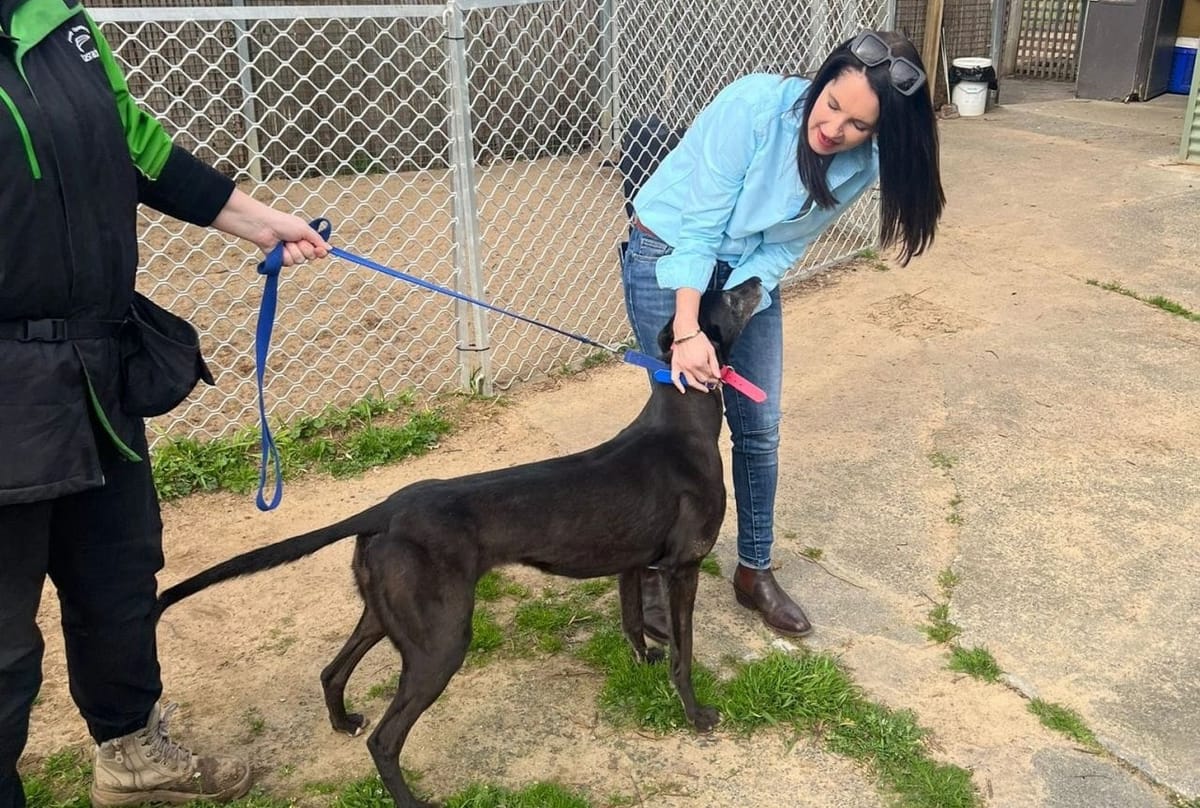
It is projected that 25 per cent of this would be from greyhound racing, the lion’s share of which is derived from greyhound racing on the mainland.
Based on this, it can be projected that a ban on Tasmanians betting on greyhound racing would cost the Tasmanian government around $3 million in POCT receipts, 80 per cent of which flows back to Tasracing under the current agreement.
The expectation is that greyhound punters will move their accounts to mainland addresses, thereby robbing Tasmania of further potential POCT revenue through wagering in other avenues and contributing to increased coffers interstate, where the sport is permitted.
Greyhound racing advocates said that while the other two racing codes may initially benefit from the decline of greyhound racing, in the long term, they would suffer from a lack of product.
“The end of dog racing would be a precursor to the end of the other two codes,” an industry insider said.
To achieve this, advocates for a ban on Tasmanians or New Zealanders betting on greyhounds in mainland Australia require the cooperation of state-based authorities, which provide the data and authorisation to bookmakers to offer to customers in these jurisdictions.
It is also unclear whether such a ban, particularly within Australia, would be permitted under the laws governing trade between states.
It is one of the latest suggestions in an escalating series of actions by a greyhound industry under increasing pressure. As well as the situation in Tasmania, there are political inquiries underway into the industry in both NSW and Western Australia.
Emboldened by the result in Tasmania, anti-greyhound racing advocates are pushing strongly for a national ban on ethical and animal welfare grounds.
Industry group Greyhounds Australasia is leading the argument for retaining the sport.
It conducted a recent study which revealed the sport generates a net tax contribution of $645.8 million for federal, state and local governments.
“This report shows the scale of our industry’s contribution, not just in employment and investment, but in the flow-on benefits to governments and communities across the country via tax revenues,” Simon Stout, chief executive of Greyhounds Australasia said.
“Greyhound racing continues to prove its value as part of Australia’s economic fabric, delivering significant returns that support growth and strengthen the services Australians rely on every day.”
The full report demonstrated a net tax contribution of $221.3 million in NSW, $198.3 million in Victoria and $97.9 million in Queensland.
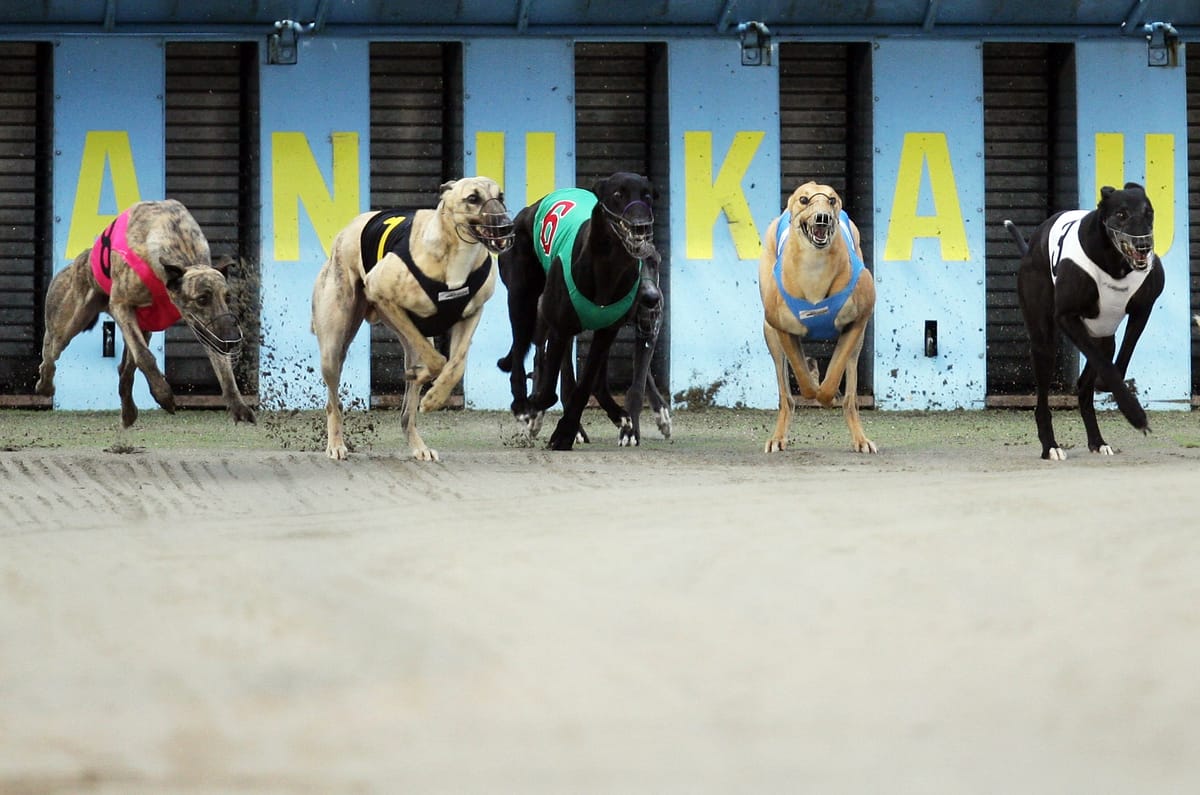
It presented data that supported a value-added contribution to the Australian economy of approximately $2.45 billion, resulting in 14,694 full-time equivalent jobs nationwide.
This is being put as a response to the argument that greyhound racing has been taxpayer subsidised, an argument which played a big role in those who drove the pending ban in Tasmania.
Lobbying by the broader greyhound industry, both in the public domain and politically, is expected to ramp up significantly in the coming months.
The industry is using the successful campaign to overturn a pending ban in NSW in 2016 as inspiration.
It is also trying to galvanise the support of the thoroughbred and harness codes, on the basis that any creep in the national ban would be detrimental to them, especially on welfare grounds.
Greyhound racing is banned in the Australian Capital Territory. The New Zealand ban takes effect in July next year, but is the subject of a High Court challenge.

